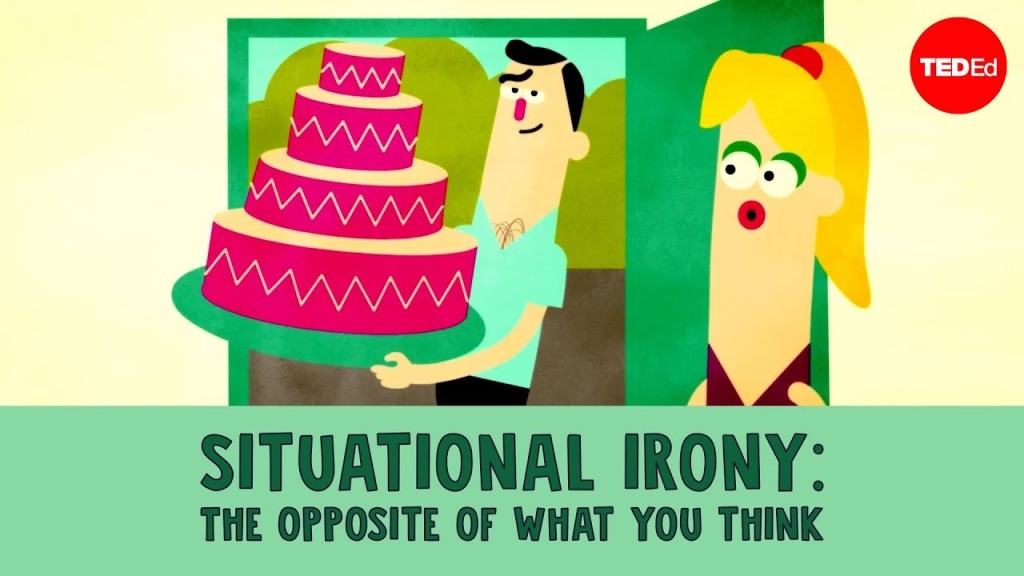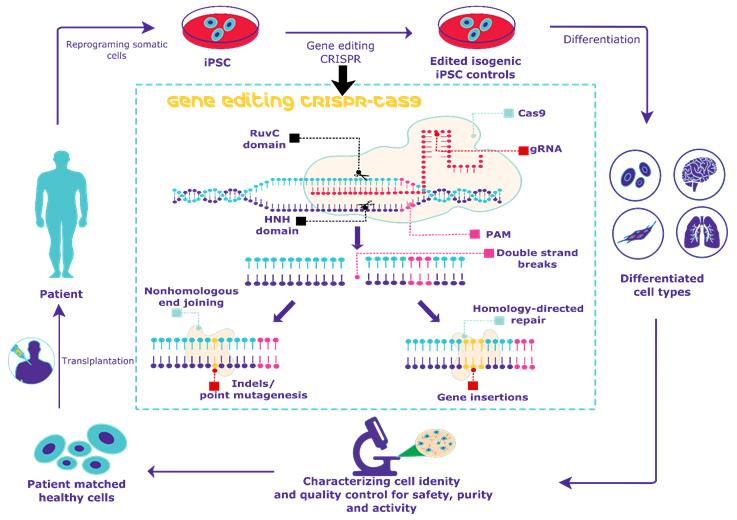
The more you think about the picture the more you realize it has nothing to do with the blog?
The Running Man 1986
I think Thomas Hobbes and Joey provide good examples in proving psychological egoism. Hobbes’ example is better than Joey’s tho. Joey’s example about Phoebe only helping her brother because it makes her feel good can only go so far because from what I have heard pregnancy is not easy. Phoebe is going out of her way to help her brother. If the goal was to make herself feel good she could just help her brother find another surrogate. She might not feel as good for helping her brother in this way but it is still a possible route for the psychological egoist to take as there is less pain involved.
Thomas Hobbes’ example is stronger than Joey’s with people locking their doors at night. People lock their doors and safes because they are distrustful of their neighbors. From the view of psychological egoism people protect themselves out of their own best interest. But do people arm themselves because they think everyone is out to get them or because there is someone unknown who may be malevolent. If a man does not lock his door it is not guaranteed that his home will be vandalized. It could be based on simple statistics that there is a higher chance of being robbed if you keep your door unlocked. Hobbes did not have modern statistics but this is a modern example that may refute Hobbes. This can be countered by but the person still locks their doors because they want to be safe. I am still struggling to find a way to strengthen this case.

